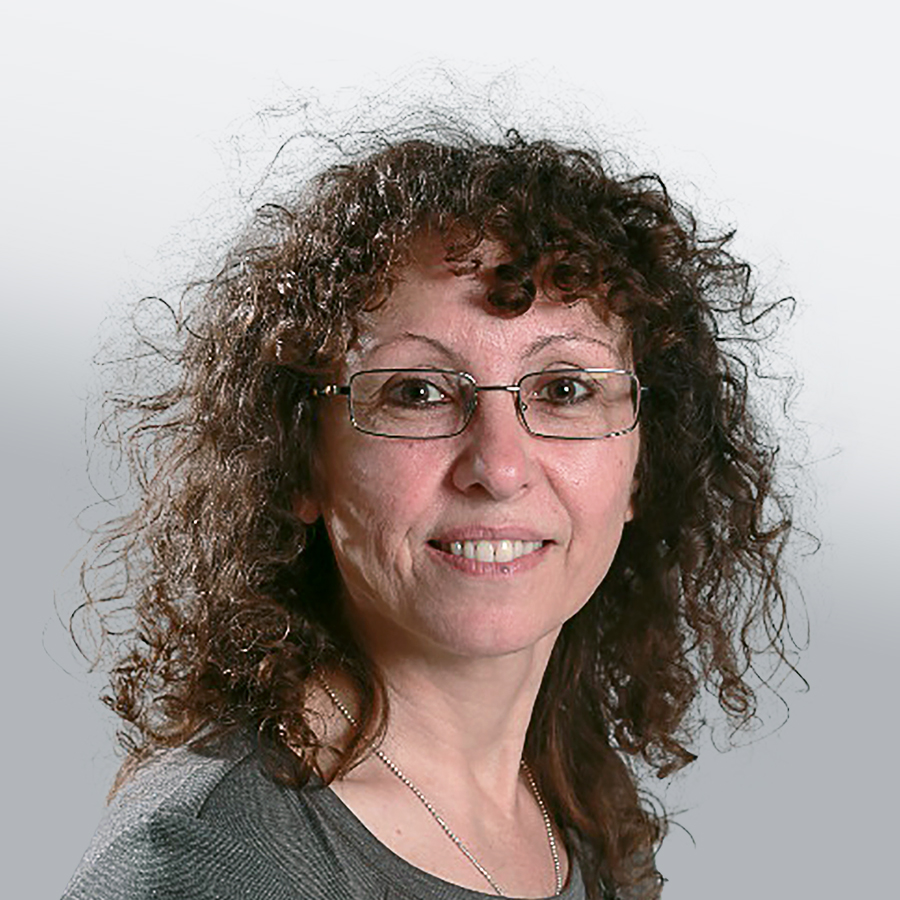Daily Discoveries
Throughout the course of her life, Dr. Andrea Fanjul has wanted to find a career in which she could make an impact on the well-being of other people. This desire, combined with her passion for applied science and biology, led her to a career in biopharmaceutical research at not only small biotech startups, but also at major global research companies. Today, she is a principal scientist at Takeda in California, where she researches treatments for liver disease.
“I lost my father and sister-in-law to liver disease,” she says. “I deeply understand how difficult it is to come up with a solution, but that the patient is waiting. We need to hurry to get to a point of providing solutions for them.”

